The Land Port Authority of India invited the SHEF Advocacy team to conduct a one-day workshop at the Integrated Check Post in Rupaiyidha, located at the India-Nepal border. The session focused on the interrelationship between gender and mental health, and it was attended by a diverse group of 65 participants, including representatives from the Land Port Authorities of India and Nepal, Nepal Police, Rupaiyidha Police, the Excise Department, the Customs Department, the Export-Import Internal Model Department of Nepal, the Traffic Development Committee, the Animal Husbandry Department, the ICP Department, as well as doctors and media personnel.
The workshop commenced with a foundational discussion on the concept of gender, distinguishing it from sex, and exploring the impact of gender inequality on the lives of girls and women. In light of the rising atrocities against women, the seminar encouraged participants to challenge and shift their mindsets towards promoting equality. This led to an in-depth conversation on the intersection of gender norms, stereotypes, and their detrimental effects on mental health.
Participants were informed about the alarming consequences of these societal expectations on both men’s and women’s mental well-being. Emphasis was placed on the importance of self-monitoring mental health, adopting effective practices to maintain it, and recognizing the normalcy of seeking professional help when facing mental health challenges. The facilitator highlighted that mental health should be treated with the same priority as physical health, encouraging participants to engage in activities and exercises that promote overall well-being.
During the session, Inspector Rajpal raised an insightful query about the difference between overthinking and anxiety, and sought guidance on preventive measures. The facilitator provided clarity on this topic, offering strategies to mitigate both overthinking and anxiety. Several participants took the opportunity to discuss their personal concerns with the counselor, who graciously scheduled follow-up appointments to address their specific issues and provide ongoing support.
The workshop not only fostered awareness about the crucial link between gender equality and mental health but also provided a safe space for participants to engage in open dialogue, seek guidance, and commit to taking proactive steps toward personal and collective well-being.
Other speakers including Senior Teacher Avdesh Gupta, honored the guest speakers by thanking them and adding to the keynote speakers that the changing times have created impact on the wellbeing of the children today, it is also affecting the mental health of the children and guardians therefore we need to pay a lot of attention to our wellbeing and keep taking preventive measures, for a perfect wellbeing, BJP Leader Ratan Agarwal, gave a thanks giving note and encouraged the participants to manage their mental health by doing things that they like for example listening to music, going for a walk.
Immigration Inspector Nepal Krishna Sharma, the Export-Import Internal Model Department of Nepal – Santosh Dahal, Mait Nepal- Reena Singh Social Worker Karuna Chaudhary, Husbandry Qurantine Nepal Officer Vijay Kumar Chaudhary also participated in the workshop.
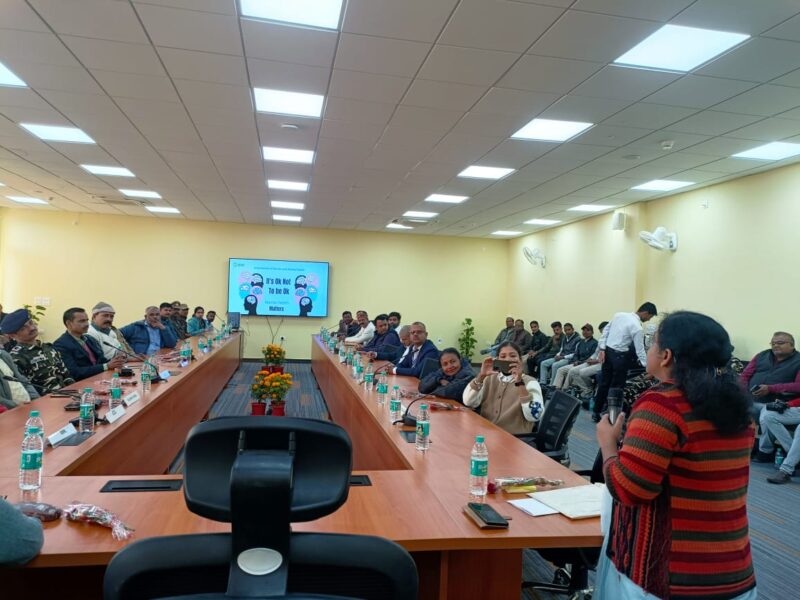
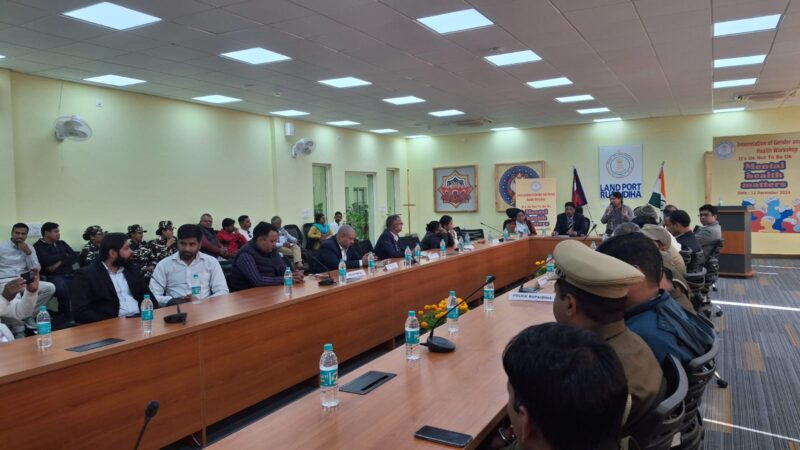
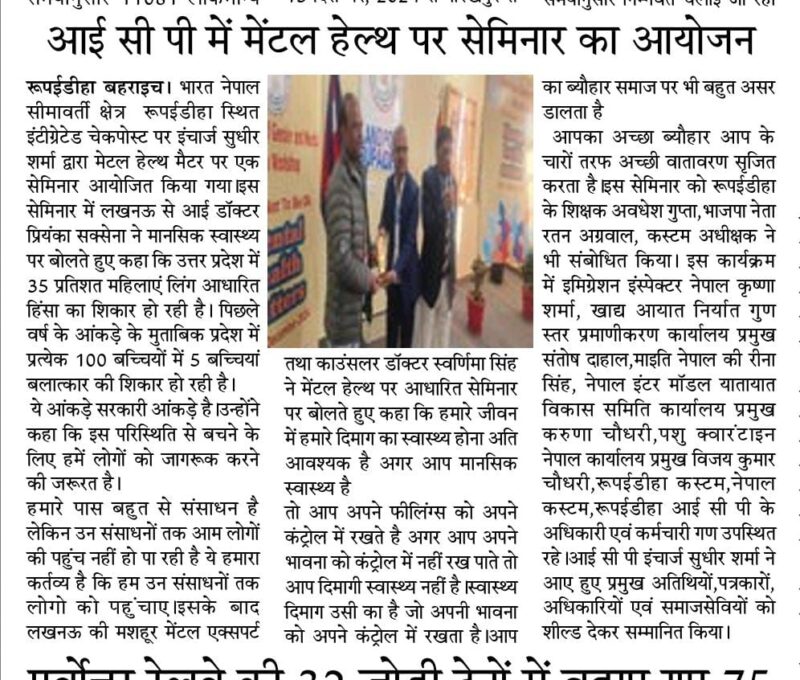

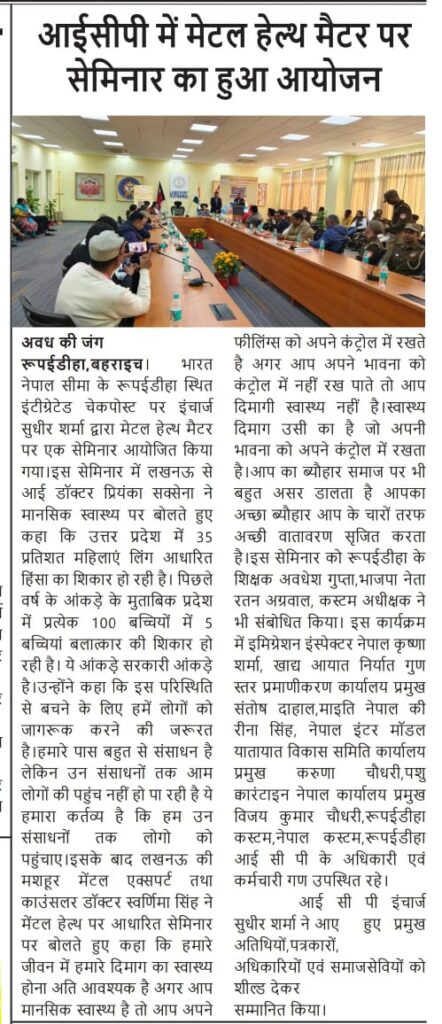
 DONATE
DONATE

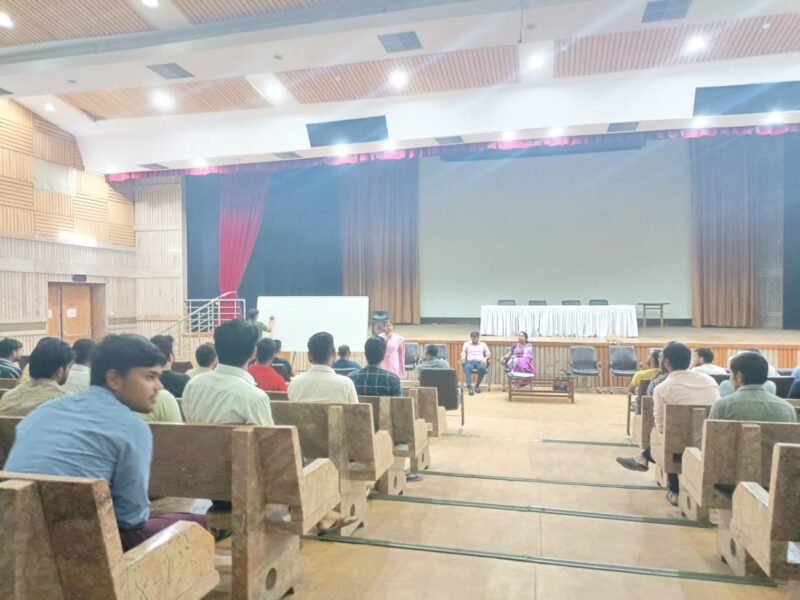
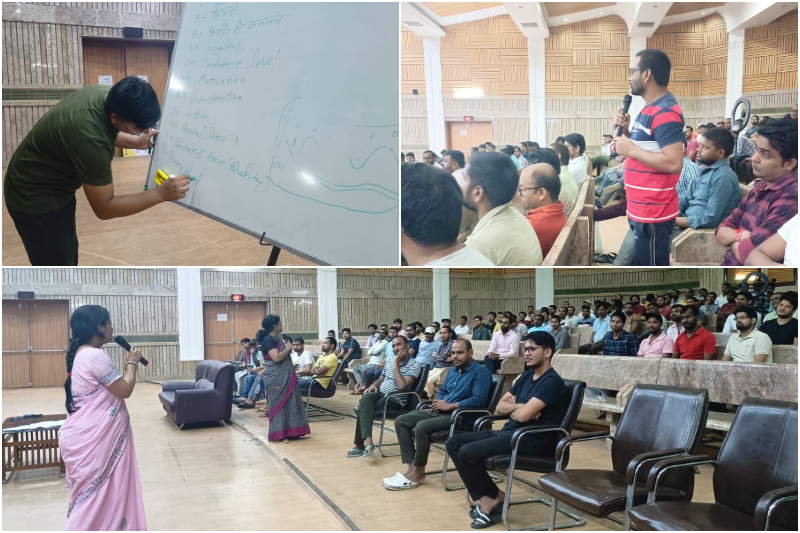
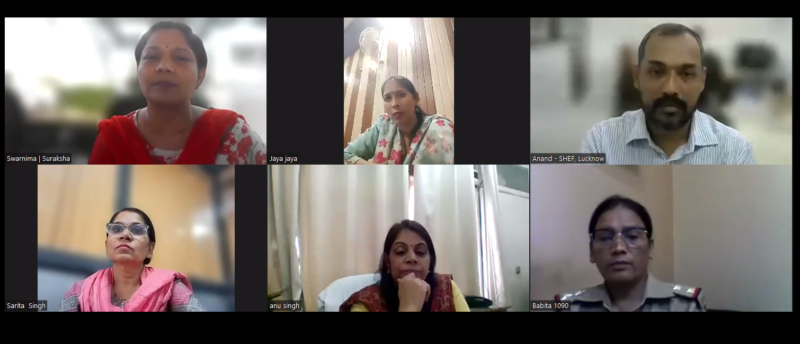
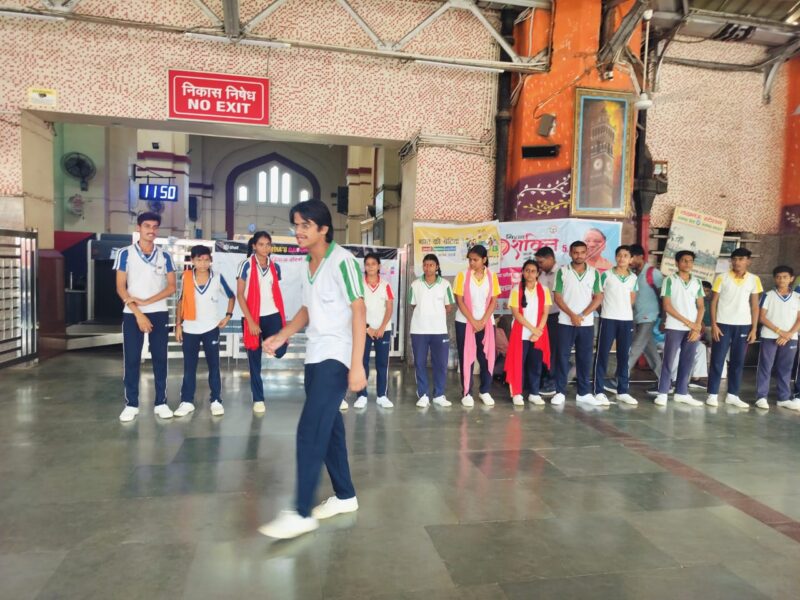
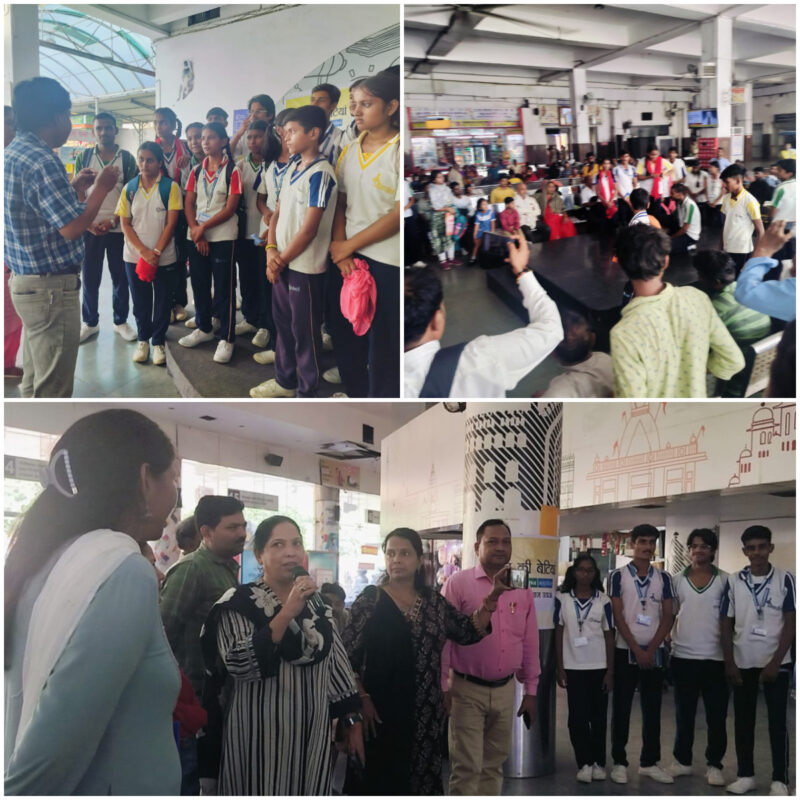
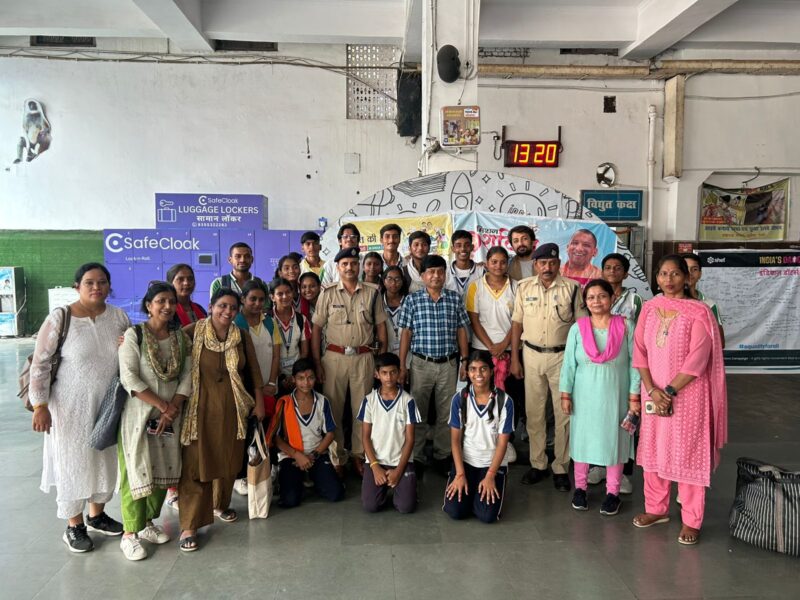
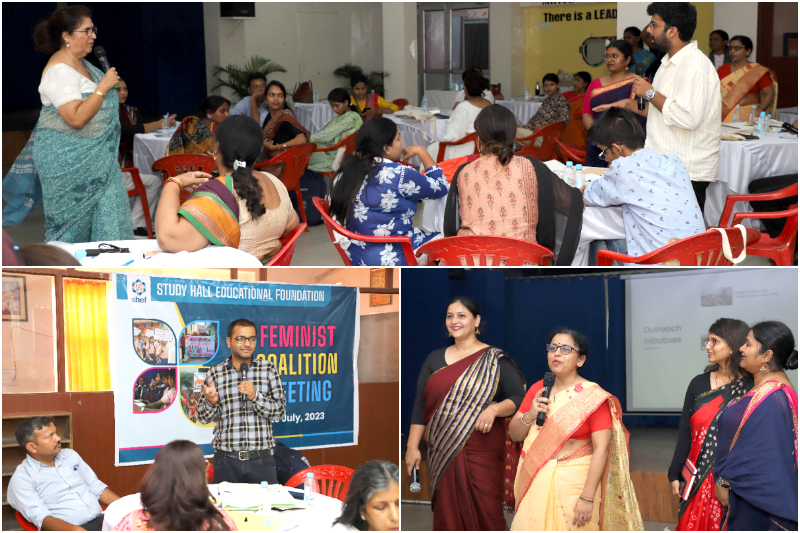
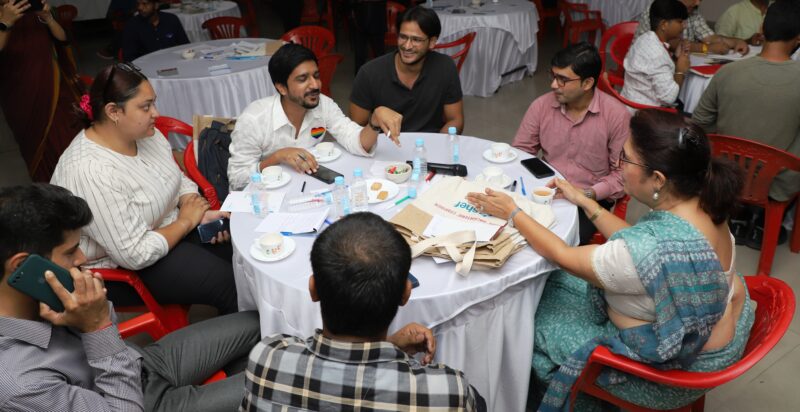

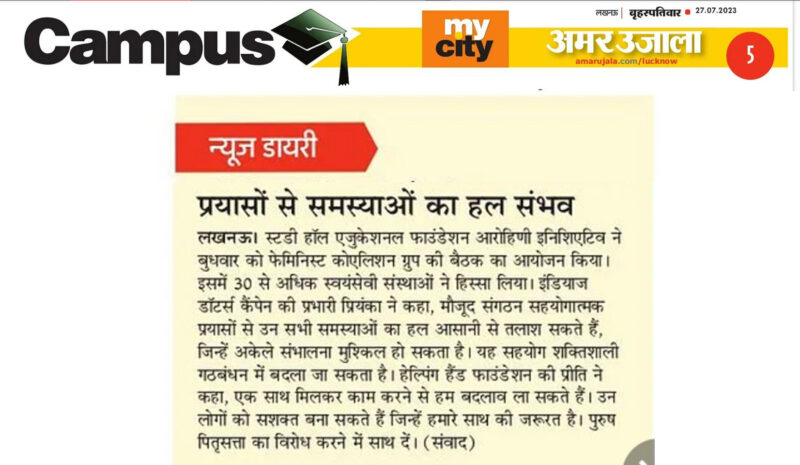
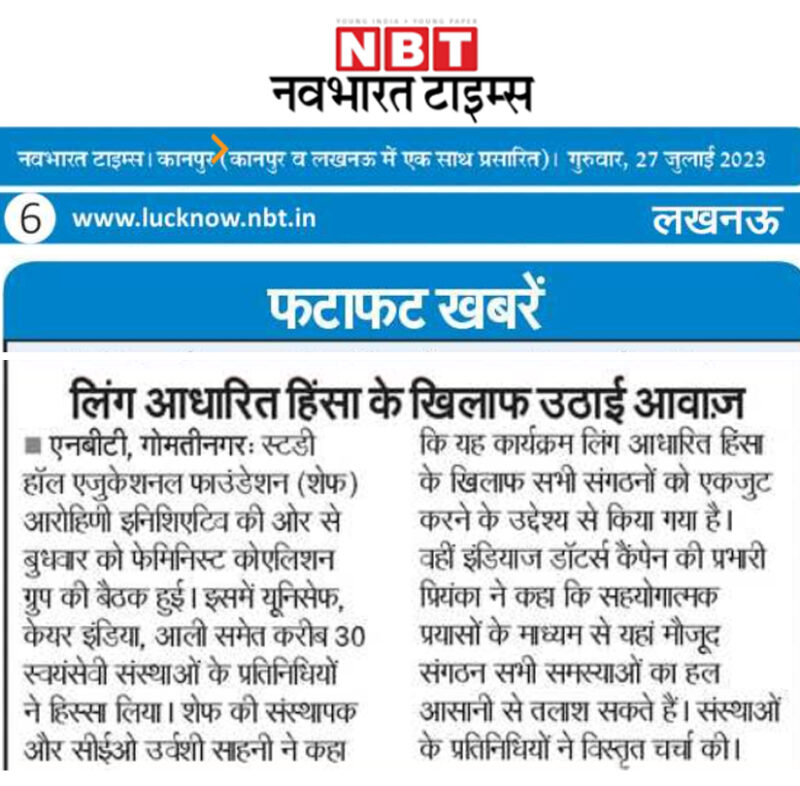
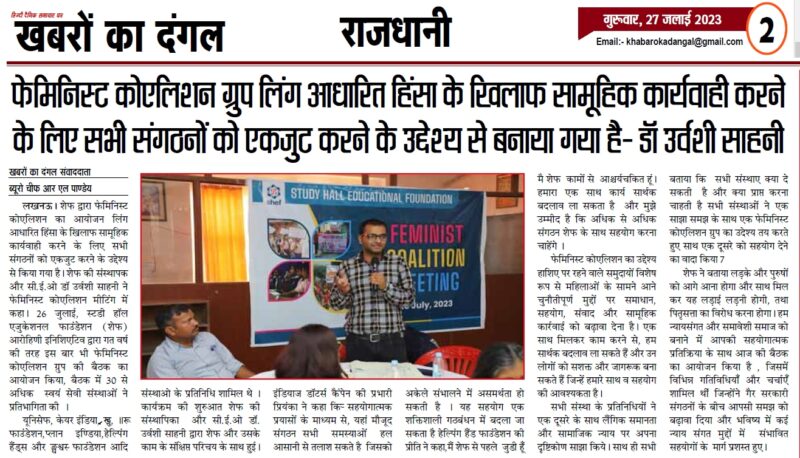
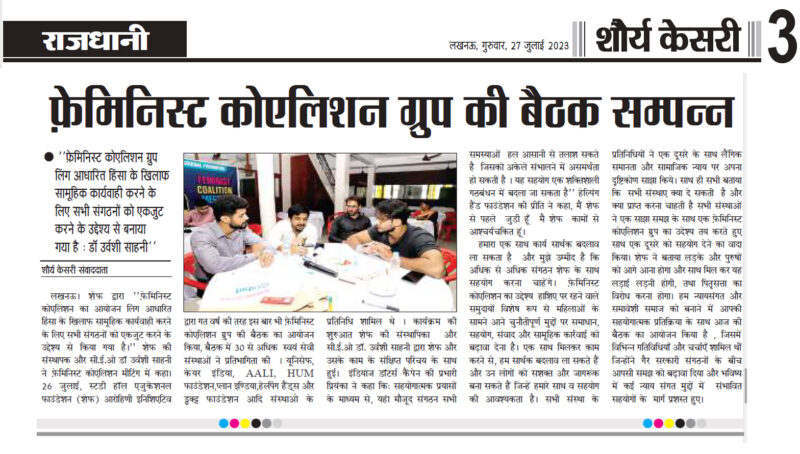

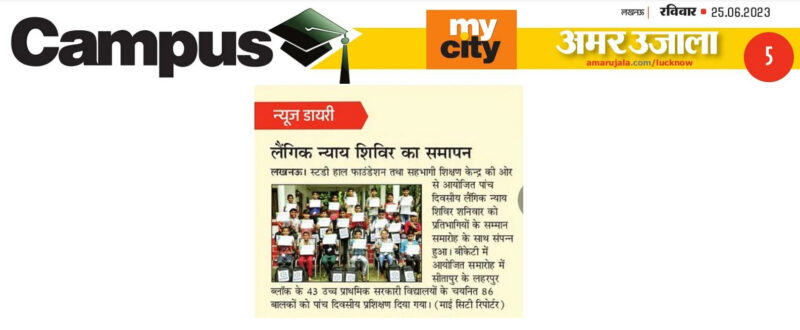
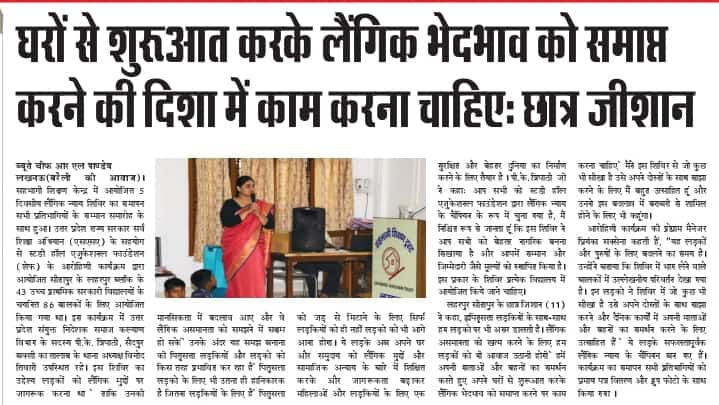
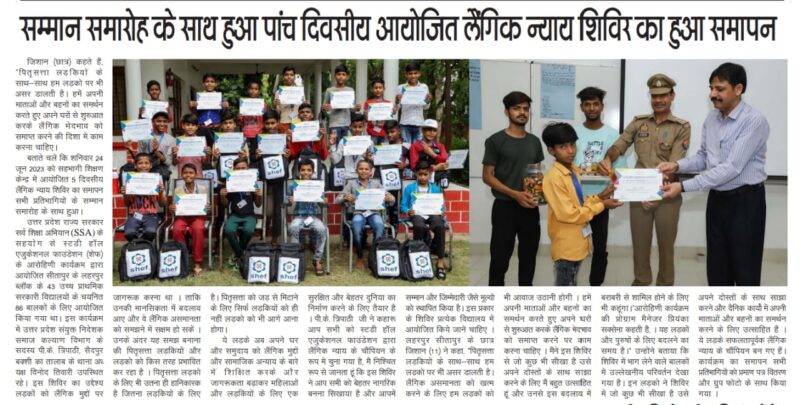
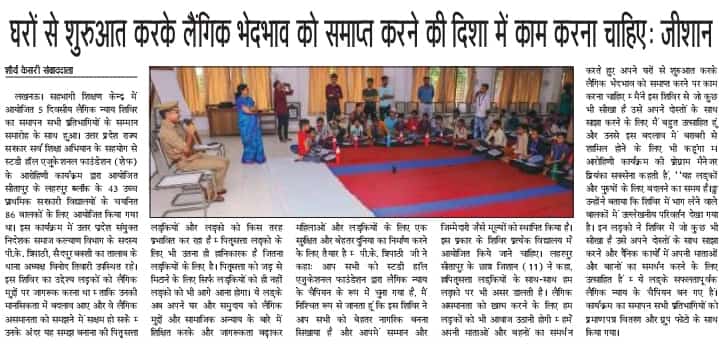
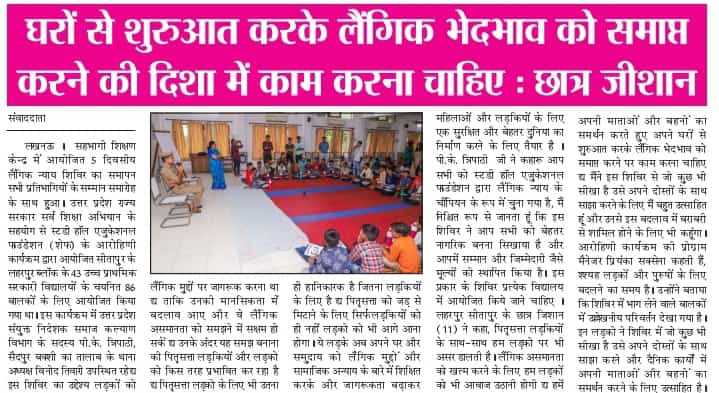

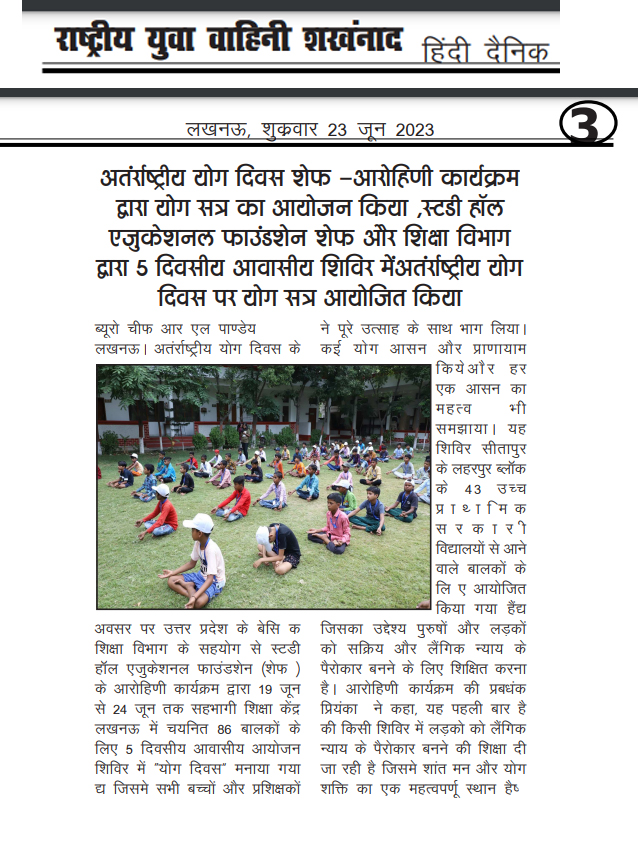
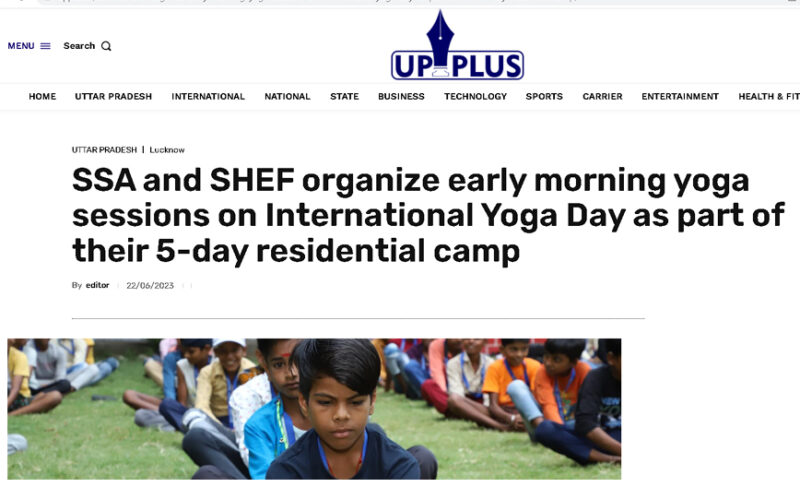
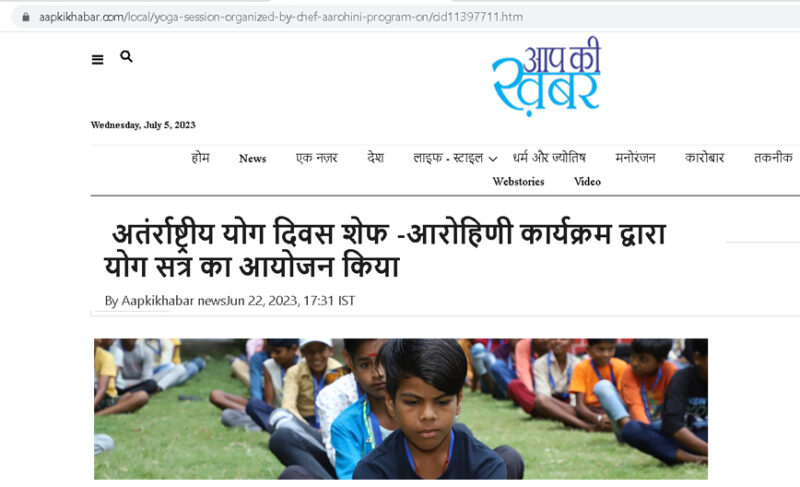
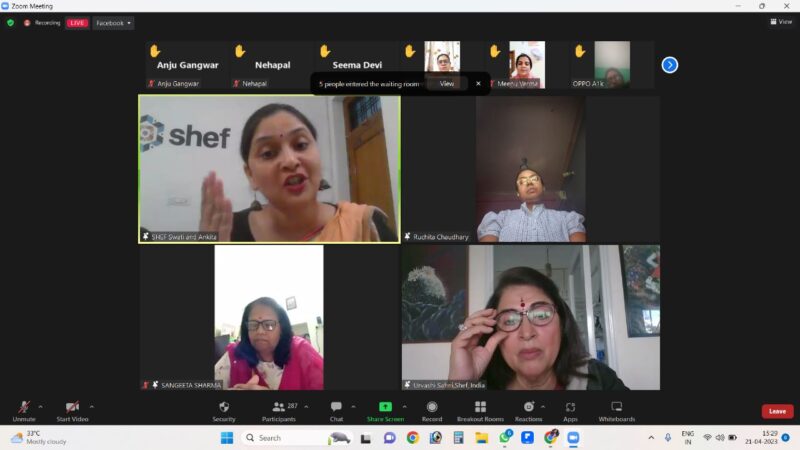

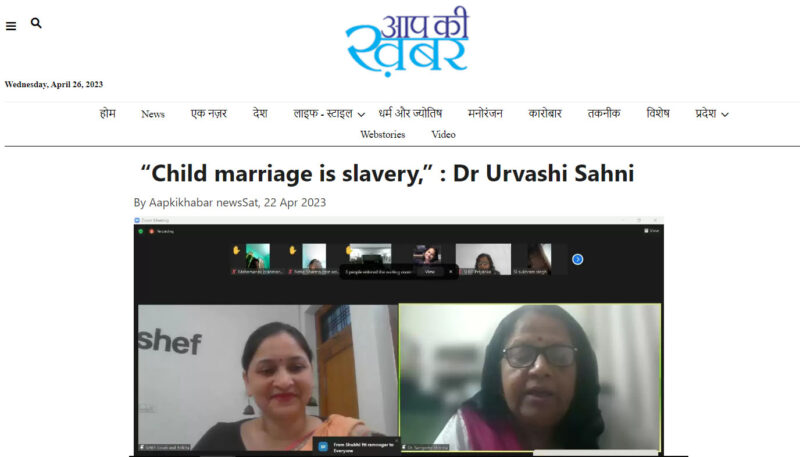
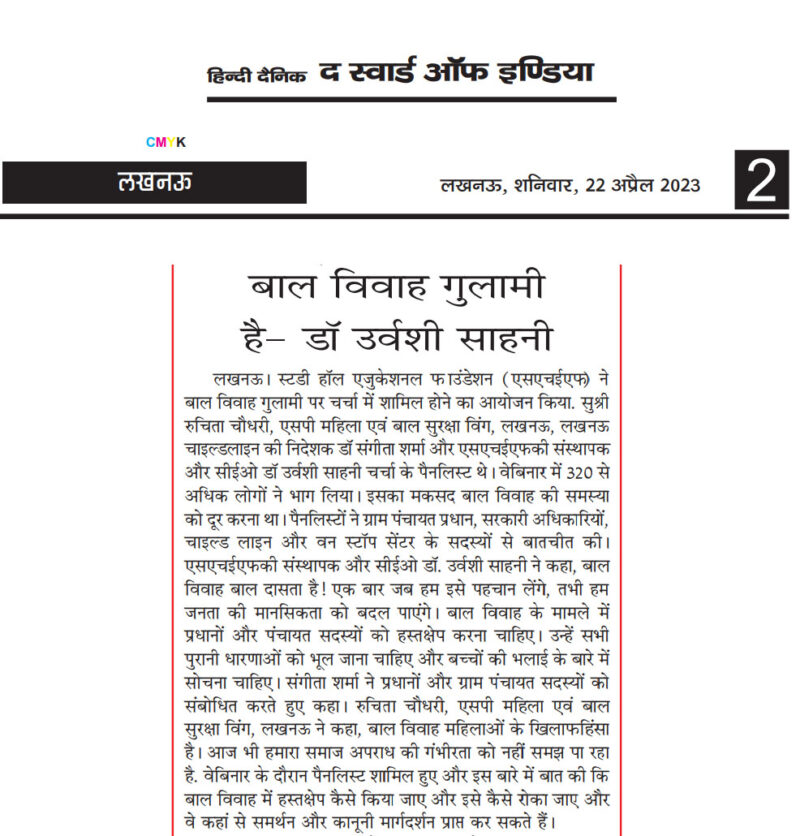
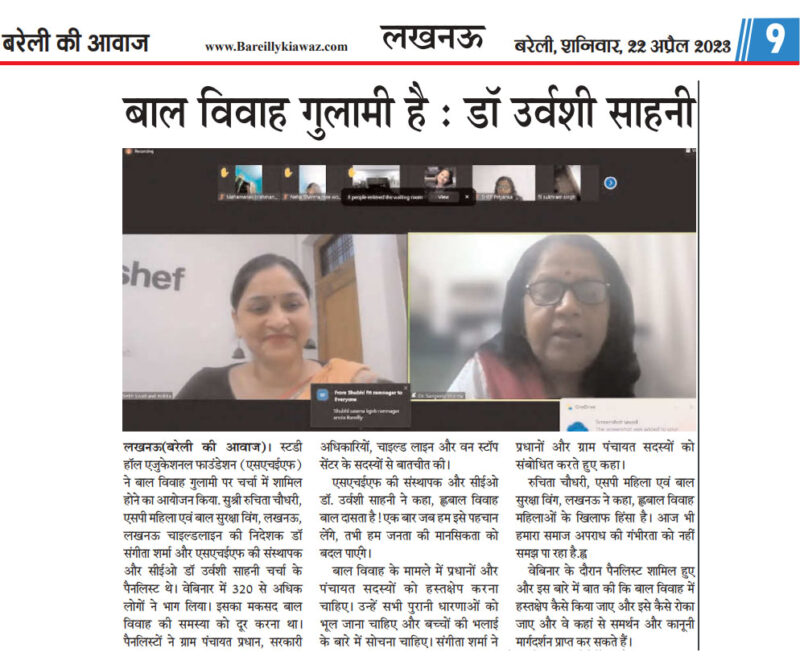
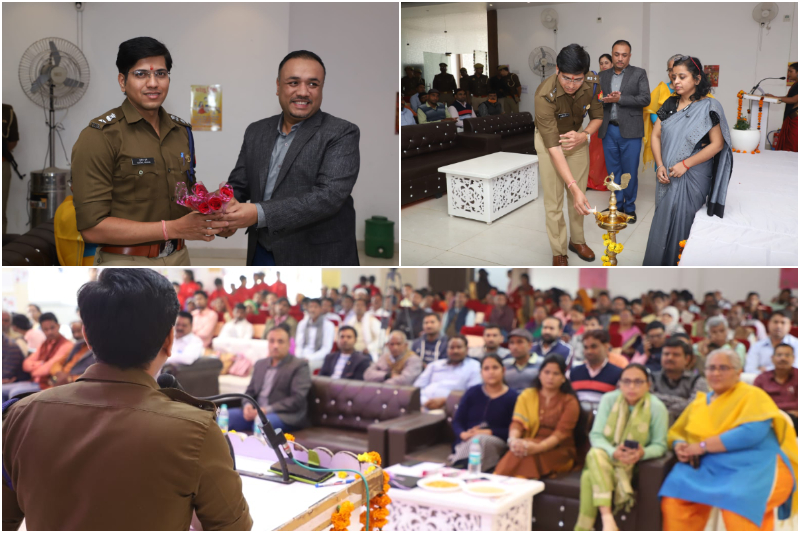
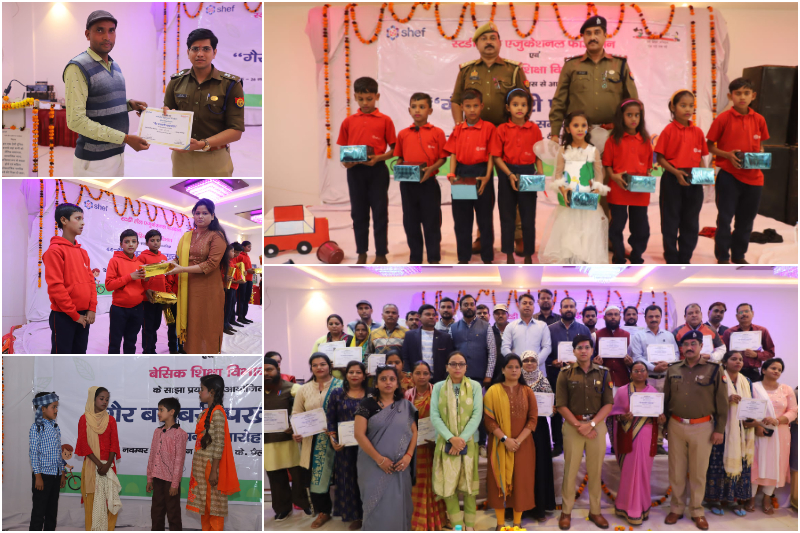
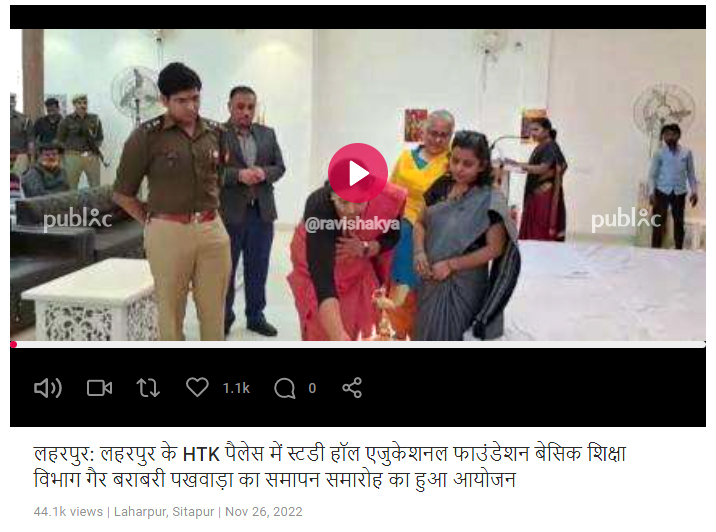
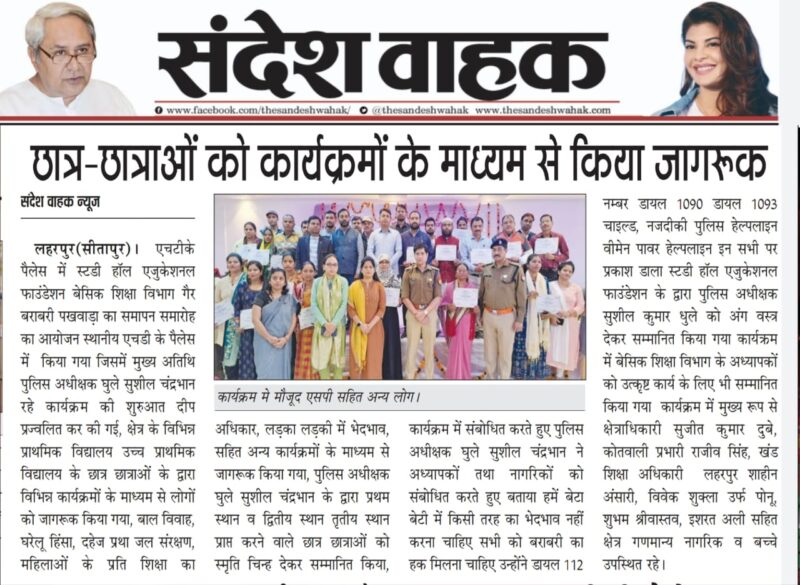
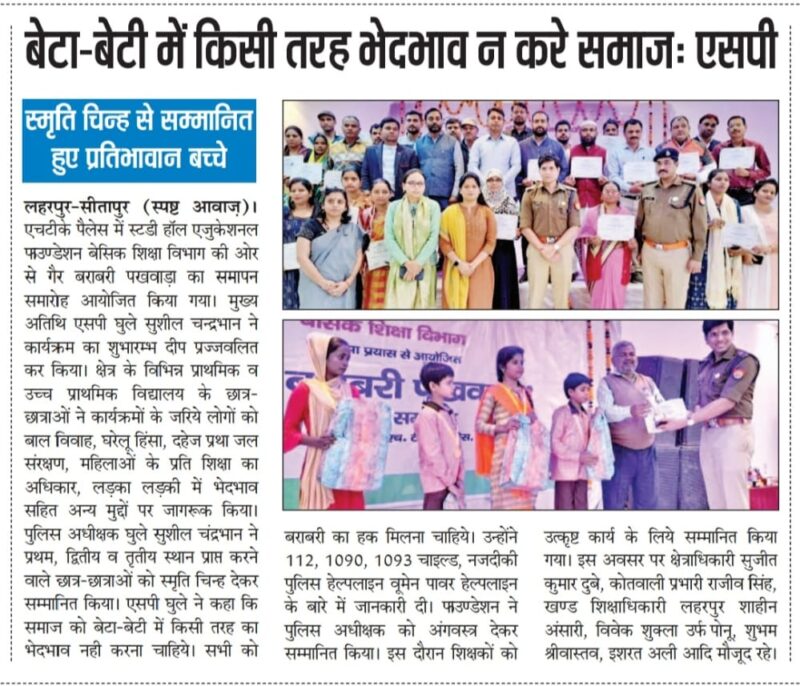
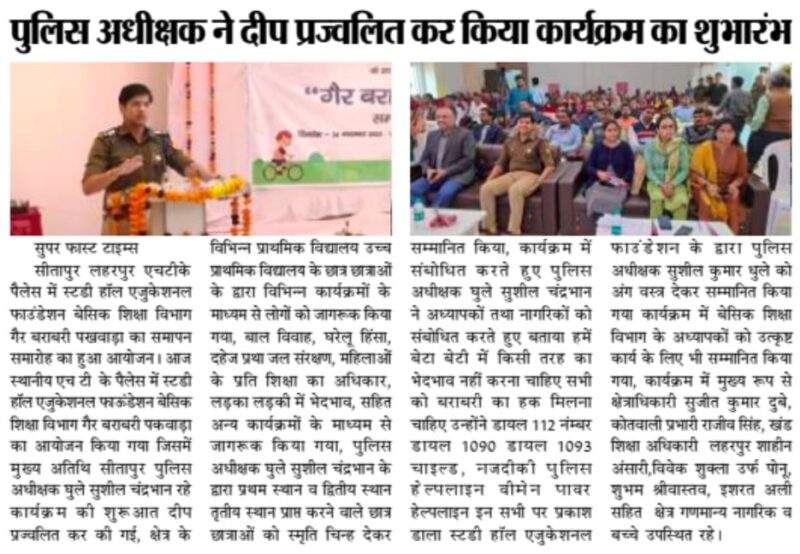
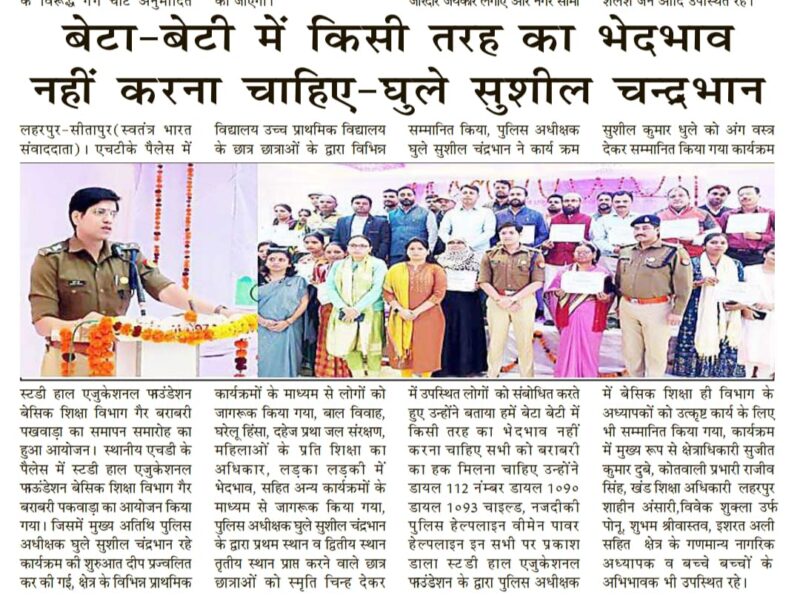
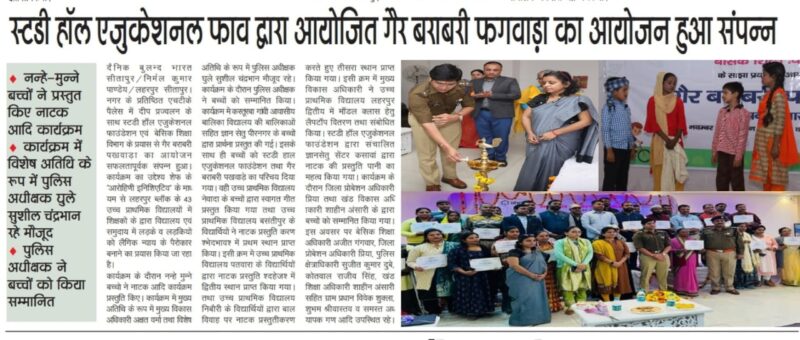
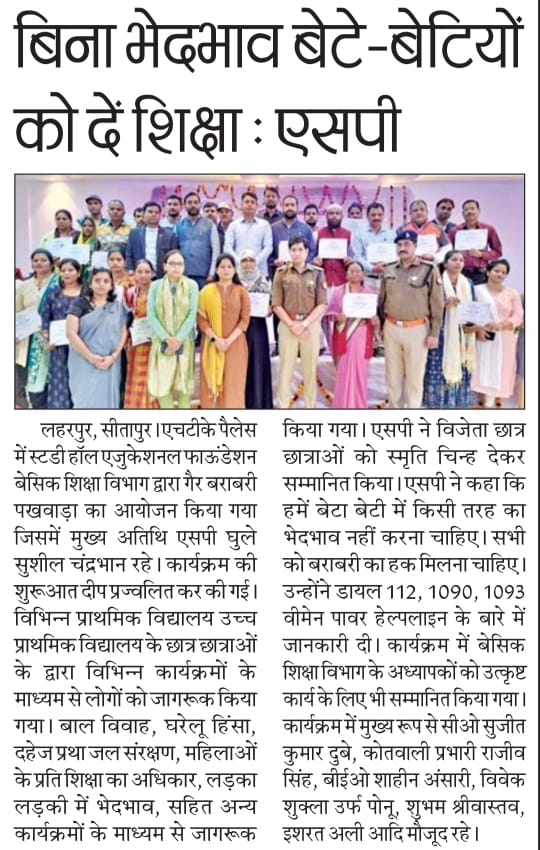
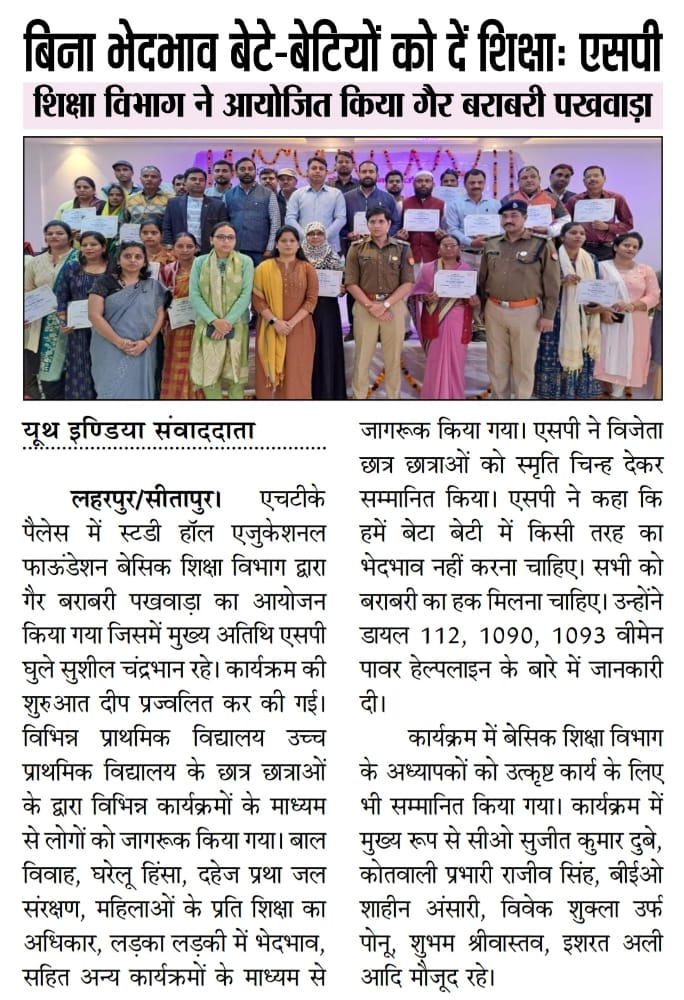
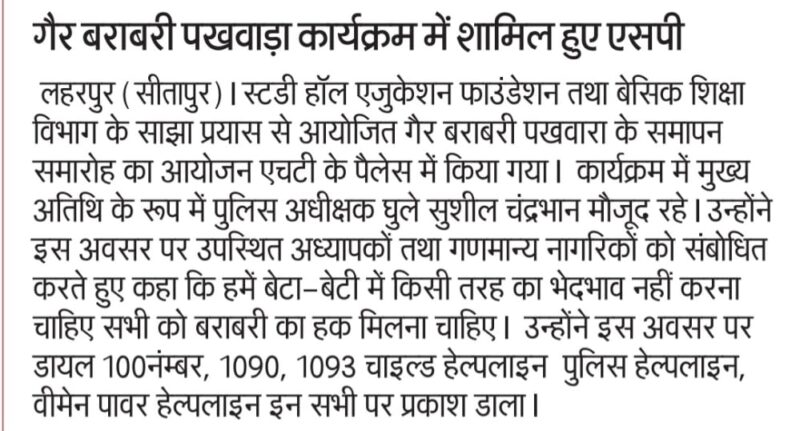
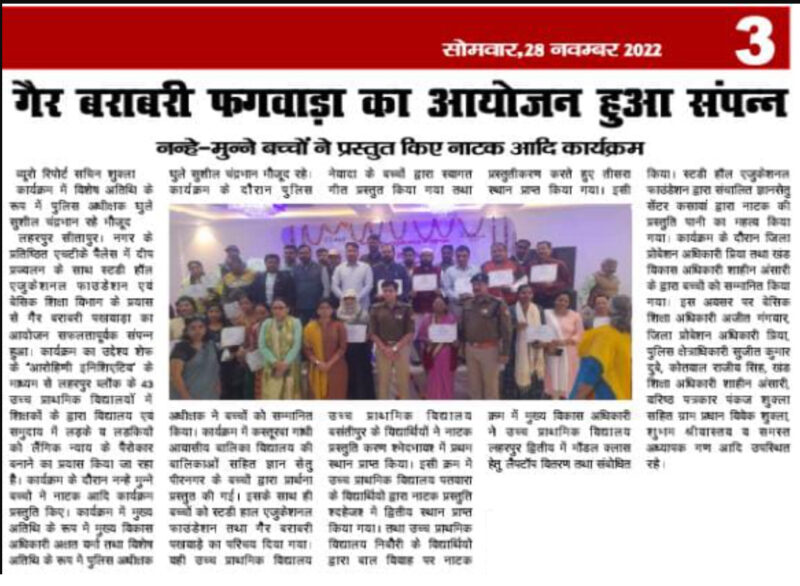
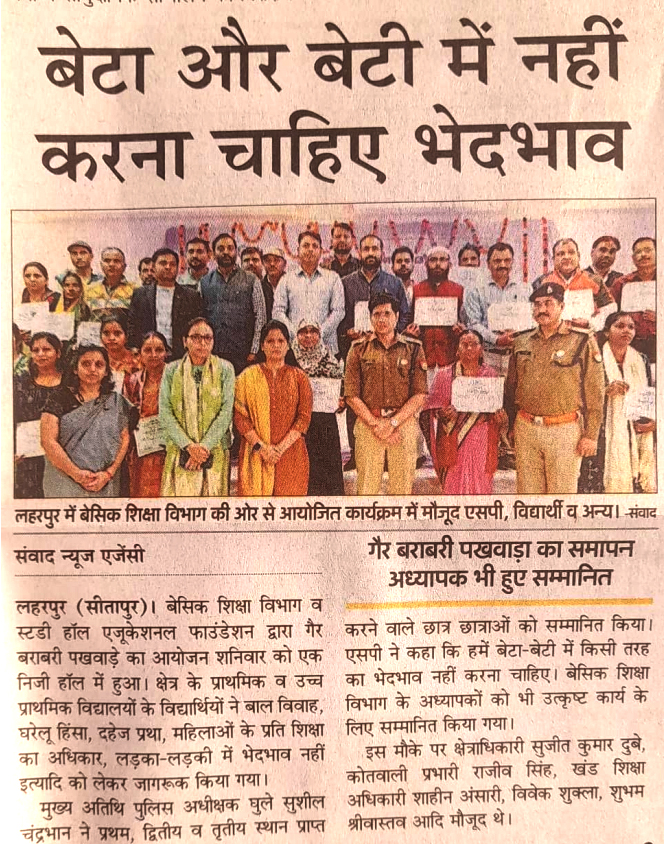
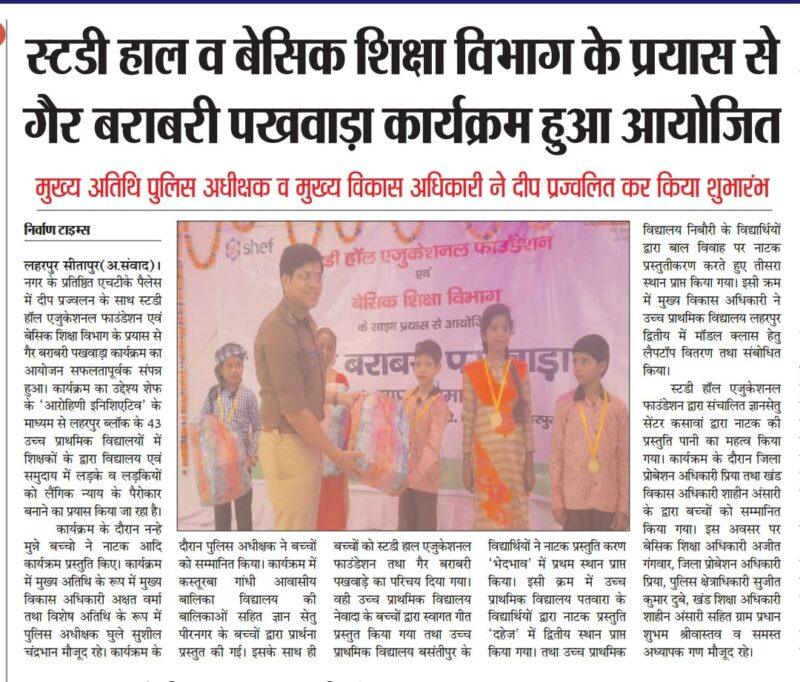
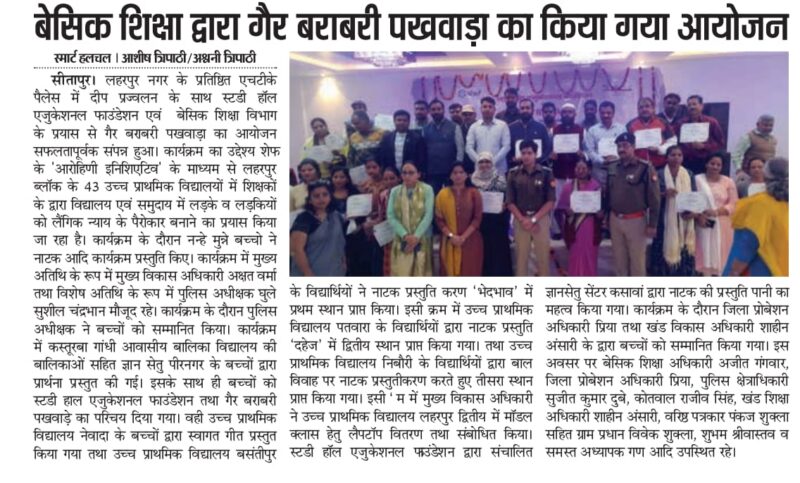
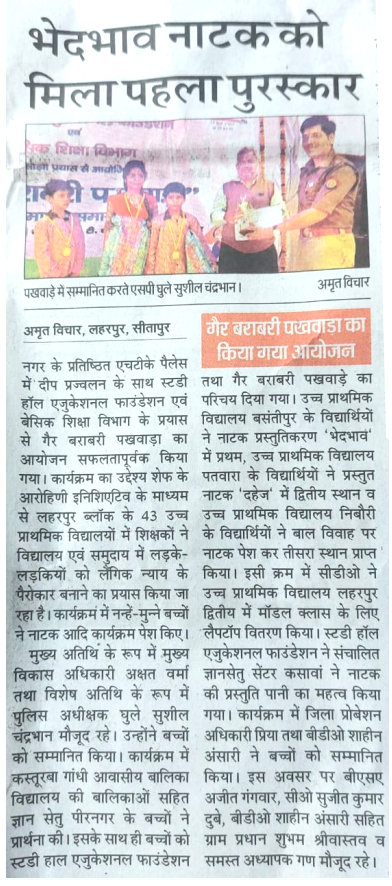
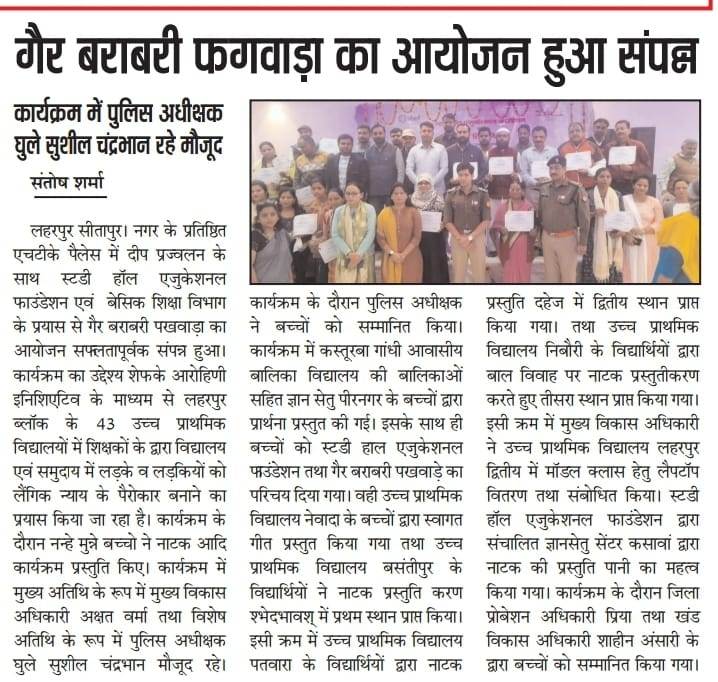
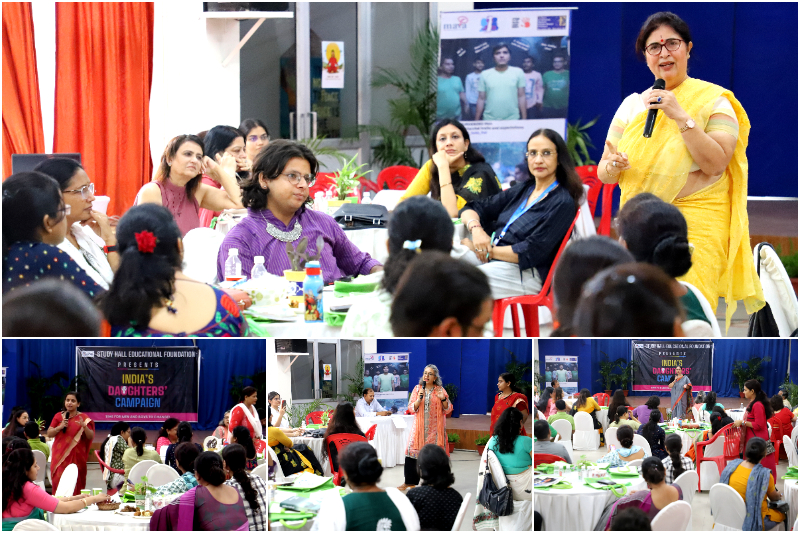
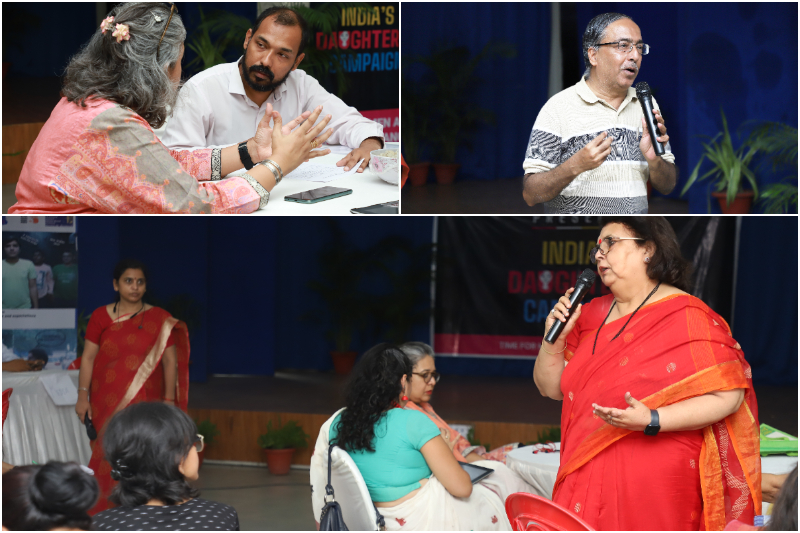
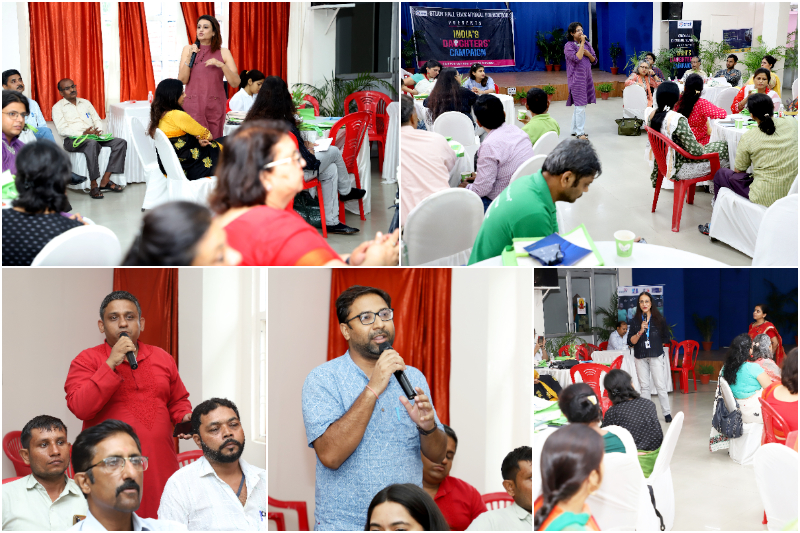

 Volunteer
Volunteer
 Work With Us
Work With Us
